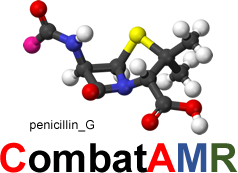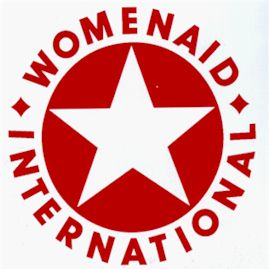The European Commission & Trafficking
Tackling Trafficking of Women
Plans to step up EU action against the trafficking of women were outlined yesterday by the Commission. Ideas include joint projects to organise and support campaigns in countries of origin or transit, reinforcing the stop programme against trafficking, targeted research work, and training for officials. For its part, the Commission intends to produce a Communication on Assistance to Victims (such as victims of trafficking), and a proposal on temporary permits of stay for witnesses. The main flow into the EU of trafficked women - who are often forced into prostitution in conditions similar to slavery - comes from or through Central and Eastern Europe. Major criminal networks appear to be involved, linked to other illegal activities. Public awareness and international co-operation against the practice have grown encouragingly in recent months, but the number of women trafficked into the EU continues to increase. This why it is important to keep up the momentum and take additional action, explained Commissioner Anita Gradin.
The European Commission, 10 December 1998.
Stopping Trafficking in Women
The Commission is planning a communication on action to stop the trafficking in women for sexual exploitation, Commission Anita Gradin announced this week. At a conference in Vienna arranged by the Commission, she said the document would be a first step towards EU-level action to stop this disgusting trade. Action is needed at all levels, Gradin said, involving co-operation between Member States, third countries, governments, agencies and non governmental bodies. The communication will cover migration policy, police and judicial co-operation, the support and protection of victims and relations with source countries.
The European Commission, 13 June 1996


